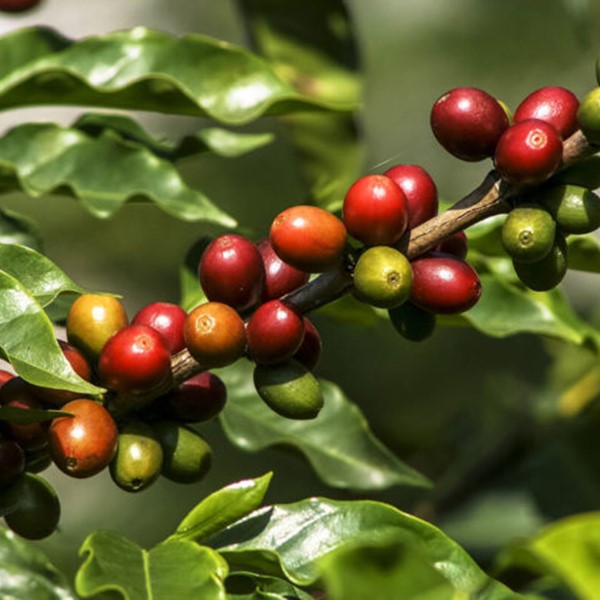
The history of coffee bean in the world
The Origins of Coffee
The story of coffee begins in Ethiopia, where legend has it that a goatherd named Kaldi discovered the plant's energizing properties. His goats, after consuming the coffee cherries, became unusually lively and energetic. This observation led to the introduction of coffee as a beverage.
Arabian Expansion and Cultivation
Coffee quickly gained popularity in Arabia, where it was initially consumed in a paste form. By the 15th century, coffee cultivation had expanded to Yemen, and by the 16th century, it had reached other parts of the Middle East and North Africa.
European Introduction
Coffee's arrival in Europe can be traced back to the 16th century. Venetian traders introduced it to Italy, and from there, it spread to other parts of Europe. Coffeehouses became popular social hubs, fostering intellectual discussions and cultural exchanges.
Colonial Era and Global Expansion
During the colonial era, European powers established coffee plantations in various parts of the world, including the Caribbean, Central and South America, and Southeast Asia. This expansion led to the global spread of coffee cultivation and consumption.
The Modern Coffee Era
The 20th century witnessed significant advancements in coffee production, processing, and brewing techniques. The invention of the espresso machine in Italy revolutionized coffee consumption, and the rise of specialty coffee shops introduced a wider range of flavors and brewing methods.
Today, coffee is one of the world's most popular beverages, enjoyed by people in countless cultures and countries. Its rich history and enduring appeal continue to shape the way we experience and appreciate this beloved drink.